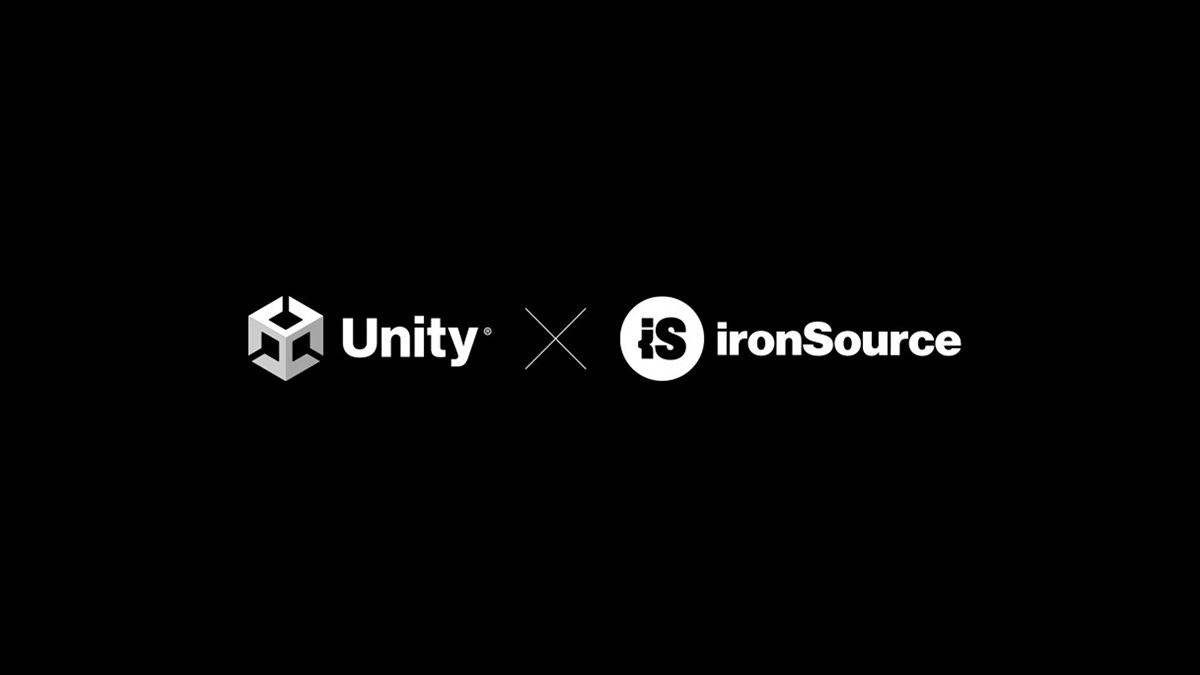Trending
Opinion: How will Project 2025 impact game developers?
The Heritage Foundation's manifesto for the possible next administration could do great harm to many, including large portions of the game development community.
Unity and IronSource are now one company.

Unity has completed its merger with IronSource, which was first announced back in July 2022. The pricy coming together is purportedly meant to "support developers through the entire development lifecycle."
At the time, the all-stock deal of the merger valued IronSource at $4.4 billion. No final price tag on the merger was provided in Unity's announcement.
The first tool Unity developers will gain access to is a service called LevelPlay, an IronSource advertising mediation platform that's now available to Unity developers. So if you're a Unity developer looking to monetize your game through in-game ads, this service seems immediately valuable.
If you're not one of those developers, the outcomes of this merger still seem unclear.
Unity senior vice president Marc Whitten (who's also general manager of Unity Create) told Game Developer in an interview that "no immediate changes" are coming in the months following the merger. "It's more about these two awesome sets of people that are really focused on the same thing, which is game creators' success," he said in a follow-up.
In a statement, Unity CEO John Riccitiello wrote that this merger will create "a complete ecosystem" for developers to "realize and achieve their goals." IronSource CEO Tomar Bar-Zeev added that the driving force behind the merger was to "create more value for for developers across the entire development journey." According to Bar-Zeev, Unity and IronSource are now integrating their product portfolios and "strengthening the feedback loop between creating great games and growing them into successful businesses."
Now that the merger between the two companies is complete, IronSource executives David Kostman and Shlomo Dovrat, along with Bar-Zeev, are joining Unity's Board of Directors.
In July, game developers of different backgrounds (some using Unity, even some working at Unity) expressed distaste at the news of Unity's merger. Some of it was because of IronSource's history. Until 2020, IronSource's core product was an adware platform called InstallCore, which Microsoft's Windows Defender program would eventually classify as "malware."
When questioned on this topic, Unity blamed "bad actors" for abusing IronSource's software.
That distaste was further inflamed by comments made by Riccitiello in an interview where he referred to some creatives as "fucking idiots" for not wanting to test their games' monetization before launch.
Riccitiello would apologize for those comments days later. In September, Whitten would admit that the company "wasn't talking enough" to game developers.
With few clear answers for developers not in immediate need of IronSource's services, Unity will likely still have work ahead to recover the trust of developers dismayed at its headlines from July through September.
Whitten seems personally invested in doing that work (he proactively brought up developers working on premium titles during our conversation). But the company's interest in stakeholders outside the video game industry may still lead to more surprises in 2023.
You May Also Like